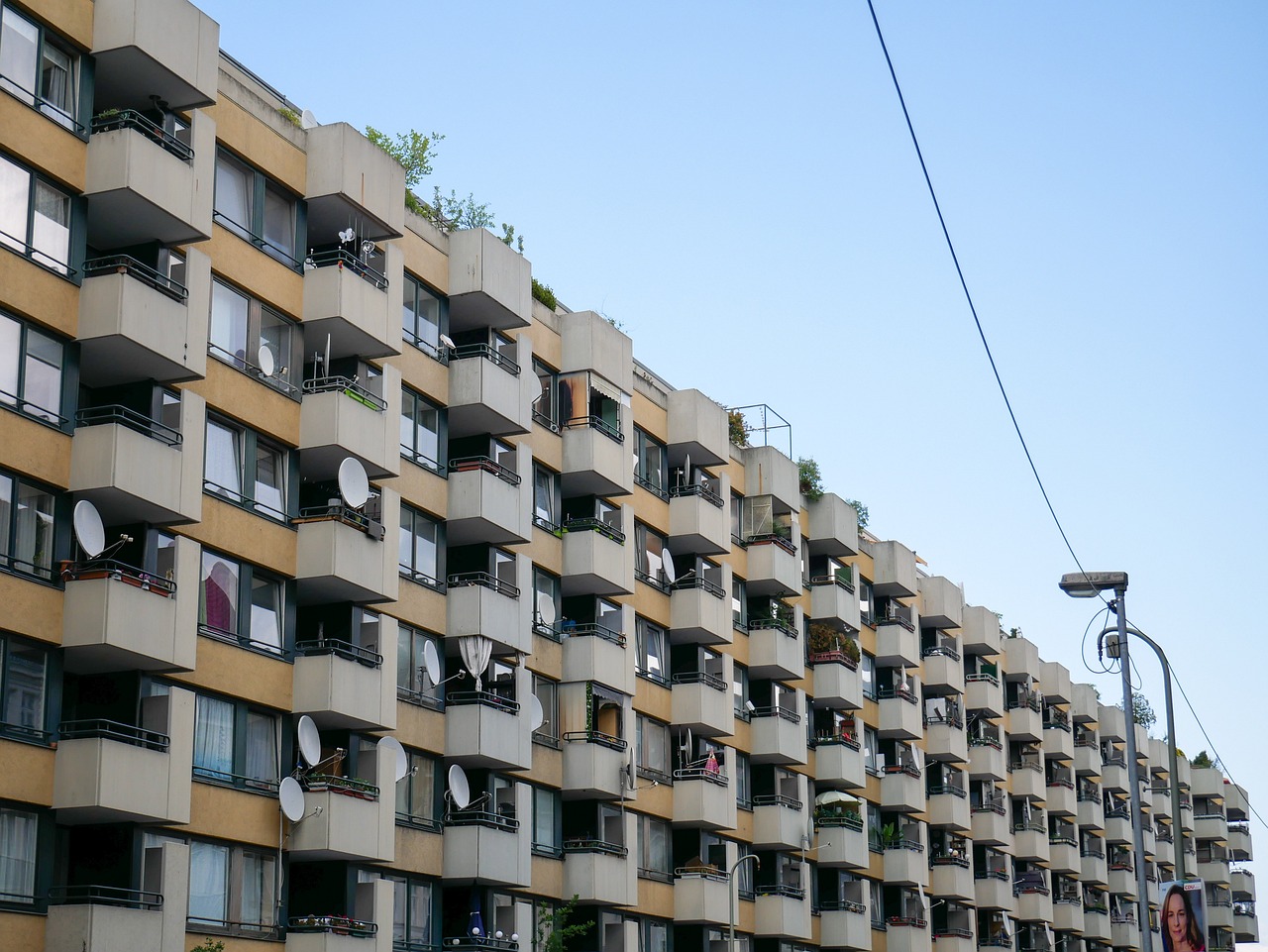From 2025, the minimum wage in Hungary will increase by 9%, resulting in a net monthly income of HUF 193,300 (EUR 466). However, this remains far from sufficient to cover the cost of renting an independent apartment in Budapest or other urban centres.
In addition to housing, basic expenses such as food, utilities, and transport place a significant strain on budgets. Consequently, most minimum wage earners are left with options such as room rentals or living arrangements that involve substantial compromises.

Renting in Budapest and minimum wages
Renting a single room in Budapest currently costs between HUF 45,000 (EUR 108) and HUF 130,000 (EUR 313), with the average hovering around HUF 98,000 before utilities are added. According to Pénzcentrum, with a budget of HUF 97,000 (EUR 233), renting a room is nearly the only viable option, while independent living is restricted to lower-quality or peripheral micro-rentals. In smaller cities, the situation is slightly better; modest apartments can be found within this price range, though they still require considerable compromises.
Sharing the cost of renting an apartment is becoming increasingly common. For instance, a two-room apartment in the outer districts of Budapest can cost around HUF 200,000 (EUR 482) per month, meaning two people could pay less than HUF 100,000 (EUR 241) each. However, this arrangement is far less affordable in the inner districts or more desirable neighbourhoods, where similar apartments command significantly higher rents.
Couples earning the minimum wage may find larger apartments slightly more attainable, though they still need to compromise on size or location in Budapest. Two people earning around HUF 190,000 (EUR 458) each can primarily afford to rent on the outskirts of the capital. In rural areas, two-room flats are more accessible and provide a slightly easier route to decent housing.
Those earning the guaranteed minimum wage (requiring at least secondary education) of HUF 232,000 (EUR 559) net have slightly more options, though these are still limited. In Budapest, the average monthly rent for a one-bedroom apartment is approximately HUF 178,000 (EUR 429), leaving just enough for utilities. In smaller cities, the situation improves somewhat: one-bedroom flats in regional centres often rent for around HUF 126,000 (EUR 303), allowing greater financial flexibility.

Trends in the rental market
Rental prices are expected to rise by 5–10% in the coming year, further restricting options for those on minimum or guaranteed minimum wages. The supply of affordable housing on the national rental market is already minimal, with most options concentrated in Budapest and county cities. While smaller towns offer lower prices, the limited availability of housing presents a significant challenge.
Most tenants seek furnished, equipped apartments of at least 40 square metres. Flats in the HUF 200,000 (EUR 482) range remain the most popular at the upper end of the market, while those on tighter budgets are largely limited to renting rooms or shared flats.
Despite increases in minimum and guaranteed minimum wages, the housing affordability crisis remains unresolved. Rising rents and limited supply will continue to burden low-income earners, particularly in Budapest and larger cities. For many, shared accommodation or cheaper rentals in smaller municipalities will remain the only practical solutions.
Read also:
- Orbán cabinet: Hungarian households’ energy bills lowest in Europe
- Number of jobseekers continues to fall in November
Through, the WORSENING, by the time in 2025, this “basic pay” increase of 9% – “kicks in” – commences, in Hungary, the state of our already “smashed” Economy, most noticeable – it will be seen and felt, by Hungarians, in price rises of “day to day” citizens NEED’S.
The “evaporation” – of the Forint, cost of living in Hungary by its de-valuation, lessening of its purchase power, will “noticeable” Increase.
Hungary will again, by “existing” or functioning in times of INFLATION.
Hungary – we area country “reliant” on Imports.
Hungary – it will cost increased Forint, to purchase – the NEED’S – of what we Import.
NOTHING in Hungary is going to get CHEAPER.